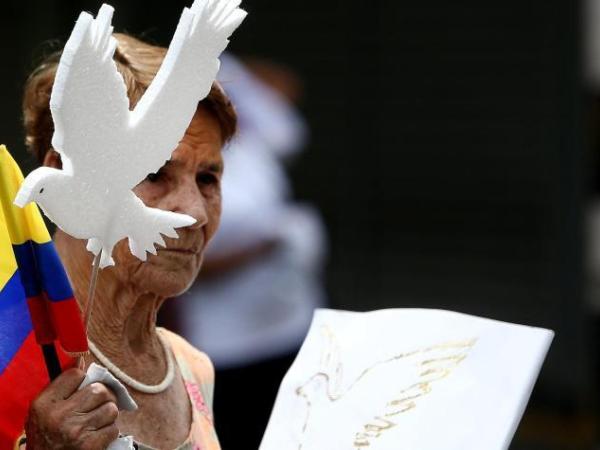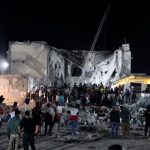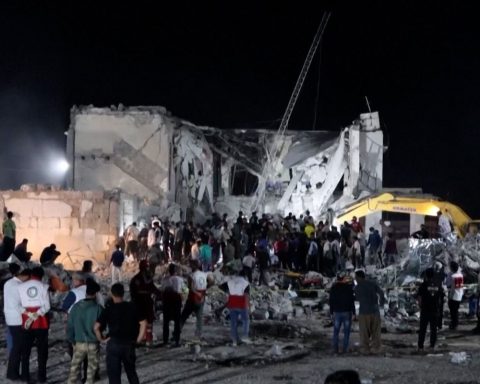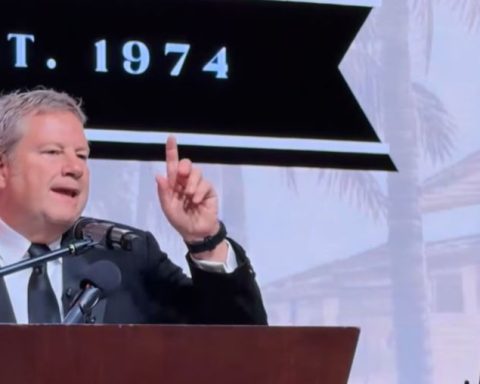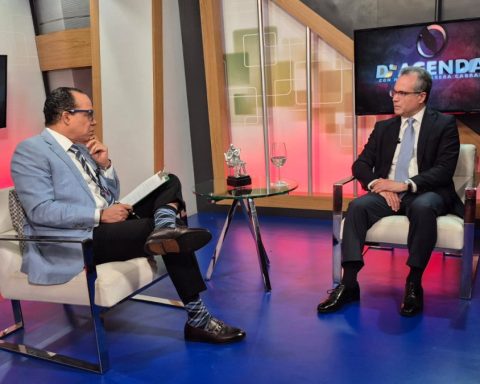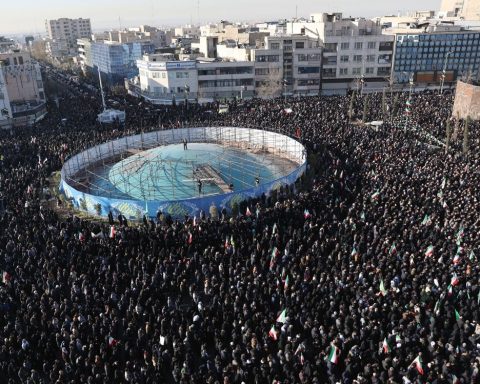Before the announcements of the president Gustavo Petro around the first dialogues with the guerrilla of the THE Nand the policy of Total Peace proposed by the Governmentthe firm Control Risks analyzed the implications of this situation for the business climate and how it can impact the Business.
(See: Government repeals decrees for a bilateral ceasefire with the ELN).
According to the entitythe shift in the country’s security strategy under the banner of Total Peace ‘has a series of implications for the business environment that companies must understand, anticipate, and manage’, with a series of risks in the political and regulatory sphere, reputational risks and security risks.
The initiative of Government contemplates negotiations with various armed groups in the country, as well as a reform to the Public Order Law; a new focus on drug trafficking policy, with greater emphasis on intelligence to curb cocaine exports and dismantle corruption networks; and police reforms.
(See: ‘University of peace’, Petro’s path to reach ‘total peace’).
“The strategy of Total Peace It will generate particular uncertainty for companies in the extractive, energy, and infrastructure sectors due to its effects on the general business environment and on the operational environment of some high-risk areas of the country.”highlights Laura Lizarazo, an analyst at Control Risks.
Regarding political and regulatory risks as a result of these dialogues, the report indicates that, especially the political agenda of the ELN “contemplates radical changes in political and economic institutions and a different model of relationship between the State and society”and that the interests of the mining-energy sector will be especially affected.
(See: President Petro announces ceasefire with ELN until June 2023).
According to Control Risks, companies should assess their exposure to issues such as community consultations, as they are likely to be discussed new obligations to consult communities for extractive projects; geopolitical risks, since the security policies of the President “they will put the interests of other countries like Venezuela and the US at stake, with implications for the agenda of broader political and economic relations”; and the possibility of reforms to the mining code, since the dialogues with the ELN will address the rights of artisanal mining.
(See: Senate passed Petro’s ‘total peace’ policy bill).
“The recent statements by President Gustavo Petro regarding the comprehensive review that the government will carry out of all mining titles in the country do generate nervousness and some degree of legal uncertainty for those companies that already have valid titles,” Lizarazo also highlighted.
According to the analyst, it is essential that the Government clarify in what way, under what administrative and legal procedures This review will be carried out, in order to minimize potential legal controversies and costly international arbitration processes for the Colombian State.
In relation to reputational risks, Control Risks highlights that The situation of peace negotiations will imply greater scrutiny on the actions of companies in conflict zonesincluding its relationship with the Public Force, and its socio-environmental impact in these regions.
“The above implies high reputational risks that companies must manage,” the report highlights.
Regarding security, the consulting firm acknowledges that strategies of the main armed groups can change rapidly depending on the evolution of the dialogues, so that the appearance of new dissidents is very likely, and drug trafficking can be increase by the reduction of military offensive operations.
Although Control Risks considers that the risk of direct attacks against companies will be reduced in the context of negotiationscould increase depending on the evolution of the dialogues.
But also the companies They could be more exposed to indirect violence, due to the possibility that they could worsen violent confrontations between armed groups in some areas of the country.
In addition, the possibility of new protests in rural areas is highlighted, given the greater expectation of the communities due to the dialogues with the different armed groups.
BRIEFCASE
